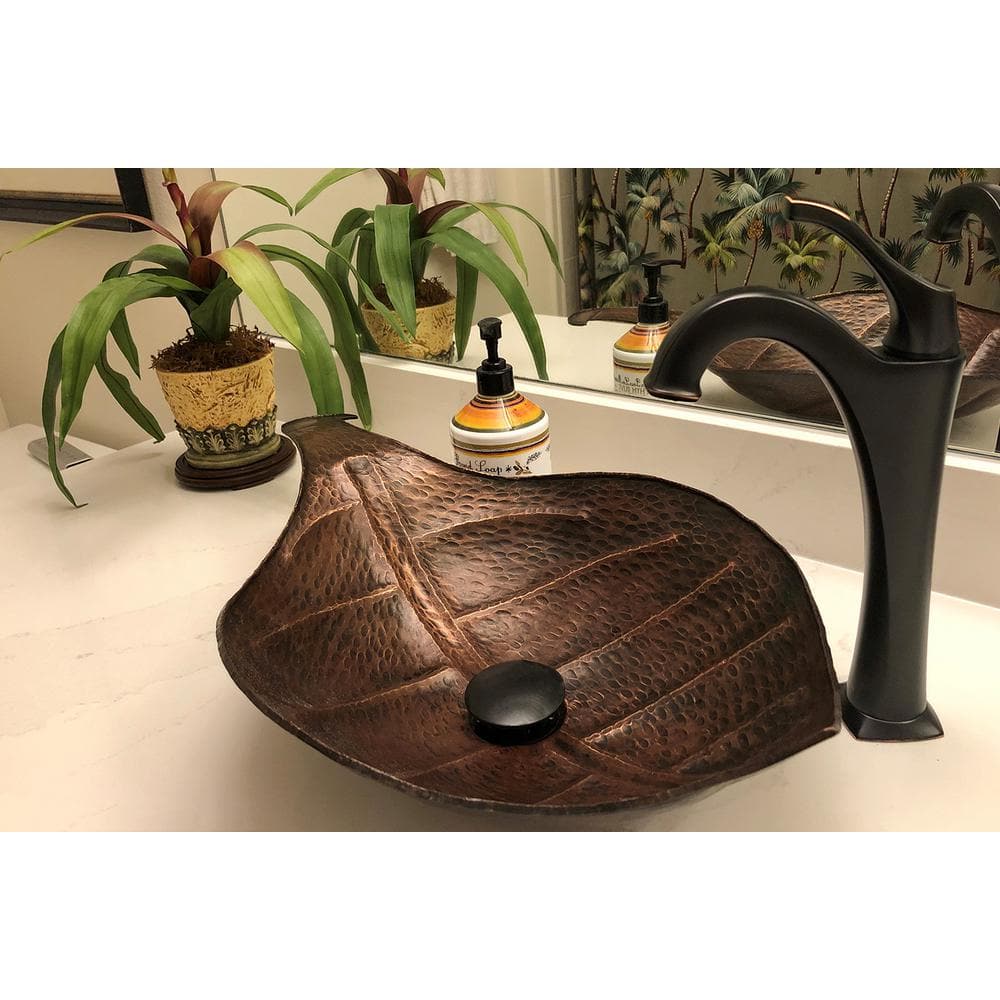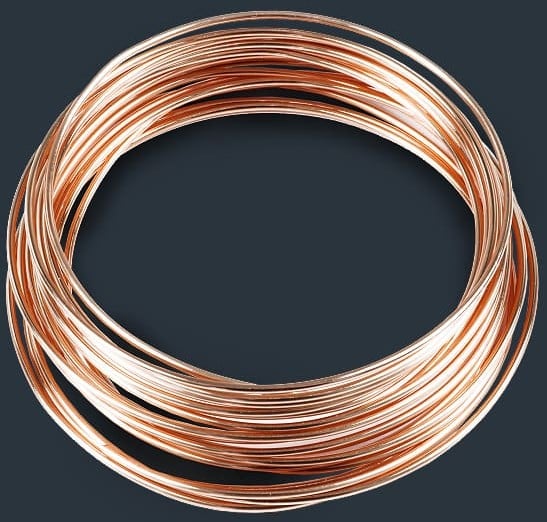Checking Out the Diverse Applications of Copper Products in Modern Industries
Copper products have actually established themselves as indispensable components throughout a myriad of modern sectors, largely as a result of their exceptional conductivity, pliability, and resistance to corrosion. From improving the efficiency of electric systems to playing an essential duty in sustainable energy technologies, the flexibility of copper is obvious. Furthermore, its recyclability placements it as a sustainable choice in production and electronic devices. As industries significantly focus on advancement and sustainability, the diverse applications of copper necessitate a closer assessment, specifically concerning their potential effect on future ecological practices and technical improvements.
Electrical Applications of Copper
Copper is a crucial product in the electrical market, accounting for approximately 60% of the total demand for non-ferrous steels internationally - Copper Products. Its exceptional electric conductivity, which is nearly twice that of light weight aluminum, makes it the preferred selection for a wide variety of electrical applications. From circuitry systems in business and property buildings to high-voltage power transmission lines, copper guarantees effectiveness and dependability in power distribution
Along with wiring, copper is important to the manufacturing of electric parts such as generators, transformers, and electric motors. These parts take advantage of copper's thermal conductivity and pliability, important for heat dissipation and efficient efficiency. In addition, copper's resistance to deterioration enhances the lifespan and resilience of electric systems, making it a cost-effective service in the lengthy term.
The development of sustainable power sources, such as solar and wind power, has actually additionally raised the need for copper in electric applications. As sectors change towards sustainable energy remedies, copper's role ends up being much more critical. Generally, the versatility and performance attributes of copper strengthen its standing as a foundation product within the electric field, driving technology and performance throughout different applications.
Plumbing and Piping Solutions
In modern plumbing systems, the choice of products substantially affects both performance and long life. Copper has actually become a preferred choice as a result of its unique properties, including corrosion resistance and antimicrobial qualities. These characteristics ensure that copper piping continues to be risk-free and long lasting for moving safe and clean water, a vital factor to consider in household and commercial applications.
Among the key advantages of copper in pipes is its capacity to endure heats and pressures, making it suitable for a range of applications, from warm water systems to home heating and cooling networks. Additionally, copper's adaptability permits easier installation in complex piping layouts, decreasing the risk of leakages and failings.
Another noteworthy advantage is copper's lengthy lifespan, typically surpassing 50 years with correct maintenance. This durability not only lessens replacement prices but likewise adds to sustainable methods by lowering waste. In addition, copper's recyclability aligns with contemporary environmental requirements, promoting a round economic climate within the plumbing market.
Copper in Renewable Energy
The flexibility of copper extends beyond plumbing applications, playing a crucial duty in the renewable resource industry. Its outstanding electric and thermal conductivity makes it a vital product in the production and circulation of renewable resource resources, specifically solar and wind power. In photovoltaic panels, copper is made use of in solar cells and electrical wiring, facilitating effective energy conversion and transmission. Its resistance to corrosion makes sure resilient performance, which is essential for making best use of energy outcome with time.

Moreover, as the global demand for electric vehicles (EVs) increases, copper's role in battery systems and billing infrastructure comes to be much more substantial. The material's capacity to carry out electrical energy effectively is go to these guys essential to the performance of EV batteries, improving array and billing speed.
Copper's Function in Electronic devices
Electronic devices manufacturing relies greatly on copper's extraordinary buildings, particularly its high electrical conductivity and thermal performance. These features make copper a suitable choice for a large range of electronic components, including connectors, circuit boards, and electrical wiring. The steel's capacity to effectively transfer electrical signals makes sure very little power loss, which is essential in high-performance electronic devices.
Furthermore, copper's thermal conductivity plays a substantial role in warm dissipation, shielding sensitive parts from overheating. This is particularly important in modern electronic devices, where portable designs cause enhanced heat generation. Copper is also favored for its pliability and ductility, enabling it to be easily shaped right into intricate layouts that meet the demands of innovative electronic applications.
With the increase of customer electronics, telecommunications, and electric cars, the need for copper in the electronics sector continues to grow. Hence, copper continues to be a cornerstone product in the ever-expanding area of electronic devices.
Ingenious Makes Use Of in Production

One significant application remains in additive production, where copper-based materials are utilized in 3D printing processes. This enables the production of intricate geometries and light-weight components, specifically in the aerospace and automobile fields. Additionally, copper's thermal conductivity makes why not try here it a perfect option for heat exchangers, boosting performance in industrial air conditioning systems.
In addition, the increase of clever manufacturing has actually seen the unification of copper in IoT devices, where its conductive capabilities sustain advanced noticing modern technologies. In the world of eco-friendly power, copper is essential in the manufacturing of photovoltaic panels and wind turbines, helping with more reliable power conversion and circulation.
As markets pursue sustainability and advancement, copper's flexibility and efficiency proceed to place it as a crucial material, driving developments in manufacturing and adding to the advancement of smarter, more efficient products.
Conclusion
The essential function of copper in sustainable power and its essential feature in electronics emphasize its relevance in progressing sustainable practices. Jointly, these applications illustrate copper's important payment to technological progress and industrial effectiveness in contemporary society.
From improving the performance of electric systems to playing a vital role in sustainable power technologies, the flexibility of copper is evident. As sectors progressively prioritize advancement and sustainability, the varied applications of copper necessitate a closer evaluation, specifically concerning their possible influence on future environmental practices and technological developments.
The development of sustainable energy sources, such as solar and wind power, has actually additionally enhanced the demand for copper try this site in electric applications. On the whole, the adaptability and performance features of copper strengthen its condition as a cornerstone material within the electric field, driving advancement and performance throughout various applications.
The flexibility of copper expands beyond pipes applications, playing an important duty in the eco-friendly energy field.